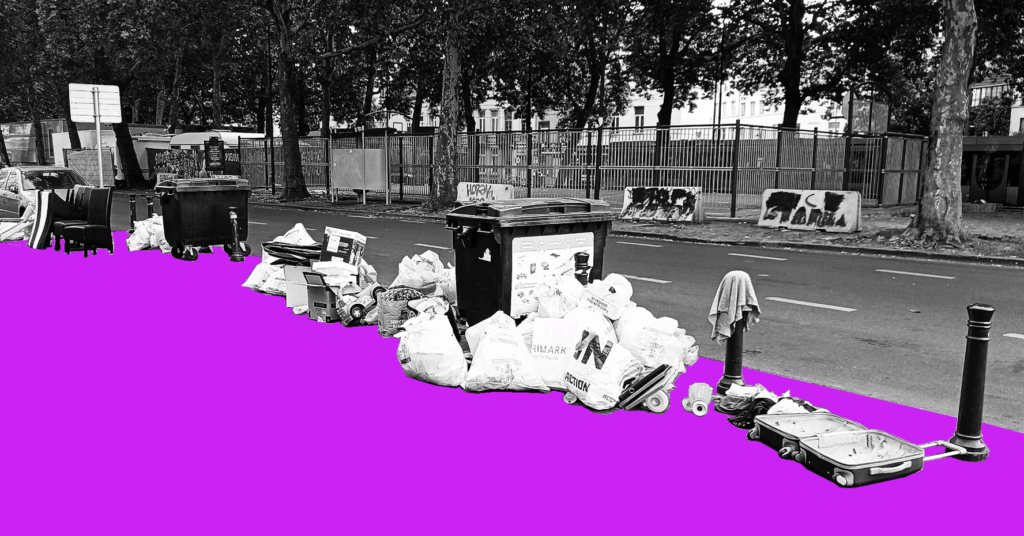
Brussel (Pou)belle – Citizens for a Clean Brussels
Brussels faces a persistent waste problem. Littered sidewalks, overflowing bags and illegal dumping frustrate residents and visitors every day, lower the quality of our public spaces, and damage the image of our capital. Clean streets are not a luxury — they are essential for a city that is safe, welcoming and a source of pride.
We are Brussel (Pou)belle , a citizen collective pushing for structural solutions: clear responsibilities between Region and communes, smarter waste management, stronger prevention and awareness, and real enforcement against polluters. With more than 1,000 residents already mobilized, we show that citizens care — and that change is possible.
Explore our proposals, follow our actions — or even better, take part in them. Add your voice for a cleaner, more liveable Brussels.
To address this issue, we submitted a citizen proposal to the Brussels Parliament.
Follow as on social media
